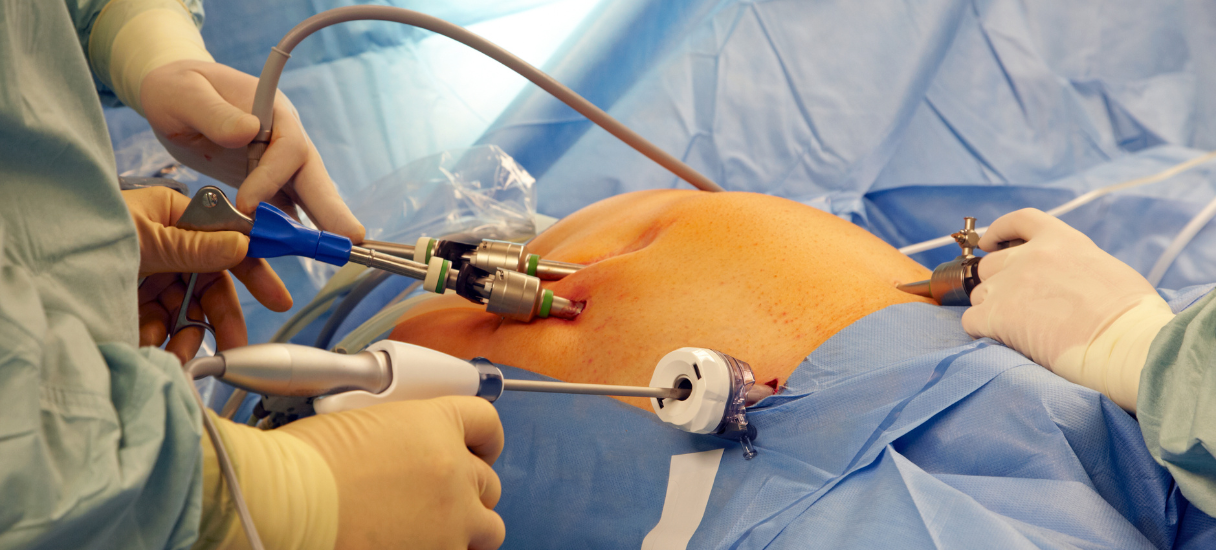While traditional treatments like counselling, medication, and support groups are effective for many individuals with alcohol use disorder (AUD), alternative therapies can also play a significant role in recovery. These alcohol use disorder treatment therapies offer holistic and complementary approaches that address the mind, body, and spirit, providing additional tools for maintaining sobriety.
Acupuncture
Acupuncture, a traditional Chinese medicine practice, involves inserting thin needles into specific points on the body to promote healing and balance. For individuals with AUD, acupuncture can help reduce cravings, alleviate withdrawal symptoms, and improve overall well-being. Research suggests that acupuncture may modulate brain chemistry and support the body’s natural detoxification processes. It also helps reduce stress and anxiety, which are common triggers for relapse.
Yoga and Meditation
Yoga and meditation are powerful practices that promote physical, mental, and emotional well-being. Yoga combines physical postures, breathing exercises, and meditation to enhance flexibility, strength, and relaxation. For individuals in recovery, yoga can help manage stress, reduce anxiety, and improve mood.
Meditation, particularly mindfulness meditation, helps individuals become more aware of their thoughts and feelings, promoting emotional regulation and reducing the likelihood of turning to alcohol as a coping mechanism. Studies have shown that mindfulness practices can significantly reduce the risk of relapse and support long-term sobriety.
Art Therapy
Art therapy involves using creative processes like drawing, painting, and sculpting to express emotions and experiences. This therapeutic approach can be particularly beneficial for individuals with AUD, as it provides a non-verbal outlet for processing feelings and trauma. Art therapy helps individuals explore their inner world, develop self-awareness, and find new ways to cope with stress and anxiety.
Music Therapy
Music therapy uses music as a tool for healing and self-expression. Listening to, creating, or performing music can evoke emotions, improve mood, and enhance overall well-being. For individuals with AUD, music therapy can provide a positive and engaging way to process emotions, reduce stress, and build a sense of community. Group music therapy sessions can foster connections with others in recovery, offering mutual support and encouragement.
Equine Therapy
Equine therapy, or horse-assisted therapy, involves interacting with horses under the guidance of a trained therapist. This therapy promotes emotional growth, self-awareness, and responsibility. Working with horses can help individuals in recovery build trust, develop communication skills, and improve emotional regulation. The bond formed with the horse can be incredibly therapeutic, providing a sense of connection and grounding.
Nutritional Therapy
Proper nutrition is essential for overall health and recovery from AUD. Nutritional therapy focuses on restoring the body’s nutrient balance and addressing deficiencies caused by chronic alcohol use. A balanced diet rich in vitamins, minerals, and antioxidants supports the body’s healing processes, improves energy levels, and enhances mood. Nutritional counseling can help individuals develop healthy eating habits, reduce cravings, and maintain sobriety.
Biofeedback
Biofeedback is a technique that uses electronic monitoring to help individuals gain control over physiological functions, such as heart rate, muscle tension, and skin temperature. By becoming aware of these bodily processes, individuals can learn to manage stress and anxiety more effectively. For those in recovery from AUD, biofeedback can be a valuable tool for developing relaxation techniques and reducing the likelihood of relapse.
Hypnotherapy
Hypnotherapy involves guided relaxation and focused attention to achieve a state of heightened awareness, known as hypnosis. In this state, individuals may be more open to suggestions and able to explore underlying issues related to their alcohol use. Hypnotherapy can help individuals change negative thought patterns, reduce cravings, and enhance motivation for recovery. While more research is needed, some studies suggest that hypnotherapy can be an effective complementary treatment for AUD.
Adventure Therapy
Adventure therapy involves outdoor activities and experiential learning to promote personal growth and healing. Activities such as hiking, rock climbing, and team-building exercises provide opportunities for individuals to challenge themselves, build confidence, and develop problem-solving skills. Adventure therapy fosters a sense of accomplishment and resilience, which can be crucial for maintaining sobriety.
Aromatherapy
Aromatherapy uses essential oils extracted from plants to promote physical and emotional well-being. These oils can be inhaled or applied to the skin to produce therapeutic effects. For individuals with AUD, aromatherapy can help reduce stress, improve mood, and promote relaxation. Scents like lavender, chamomile, and bergamot are known for their calming properties and can be used to support emotional balance during recovery.
Reiki
Reiki is a Japanese healing technique that involves the transfer of energy from the hands of a practitioner to the recipient. This energy work aims to balance the body’s energy fields, promote relaxation, and reduce stress. For individuals in recovery, Reiki can provide a sense of peace and well-being, helping to alleviate anxiety and support the healing process.
Massage Therapy
Massage therapy involves the manipulation of soft tissues to promote relaxation, reduce muscle tension, and improve circulation. Regular massage can help individuals in recovery manage stress, alleviate physical discomfort associated with withdrawal, and improve overall well-being. The therapeutic touch of massage can also provide emotional support and enhance the connection between mind and body.
Integrating Alternative Therapies with Traditional Treatment
While alternative therapies can offer significant benefits, they are most effective when integrated with traditional treatments for AUD. Combining these approaches provides a comprehensive and holistic treatment plan that addresses the physical, mental, and emotional aspects of recovery. It’s essential to work with healthcare providers and therapists to develop a personalized treatment plan that incorporates both conventional and alternative therapies.





